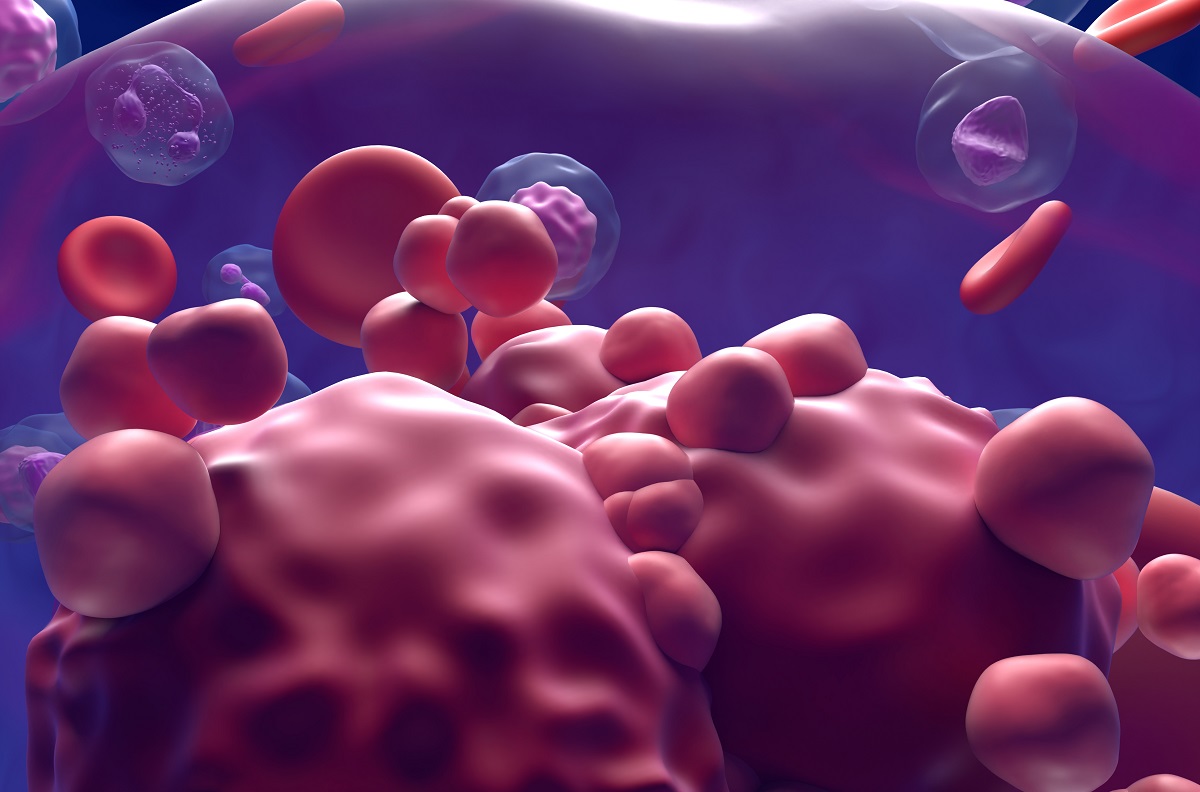KEY TAKEAWAYS
- The study aimed to investigate the efficacy of blinatumomab as early-line treatment in B-ALL patients.
- Researchers noticed a significant improvement in clinical outcomes with blinatumomab in newly diagnosed B-ALL patients, regardless of poor-risk factors or pretreatment blast burden.
Jing Lu and the team aimed to investigate the efficacy of blinatumomab as early-line treatment for B-cell precursor acute lymphoblastic leukemia (B-ALL).
Researchers performed an inclusive analysis through a retrospective real-world cohort study involving 20 newly diagnosed B-ALL patients. Patients received reduced-dose chemotherapy (idarubicin, vindesine, and dexamethasone) for 1-3 weeks, followed by blinatumomab for 1-4 weeks as an induction therapy.
About the induction therapy’s conclusion, a complete remission rate of 100% was achieved, with 17 (85%) patients testing negative for minimal residual disease (MRD) (<1 × 10-4). Adverse events (AEs) were documented in 12 (60%) patients, with 43.8% classified as grade 1-2 and 56.2% as grade 3-4. Notably, no instances of neurotoxicity or grade ≥3 cytokine release syndrome were reported.
The study concluded that blinatumomab showed a significant improvement in clinical outcomes for patients with newly diagnosed B-ALL, regardless of their poor-risk factor status and pretreatment blast burden.
No funding related information was available.
Source: https://pubmed.ncbi.nlm.nih.gov/38491815/
Lu J, Zhou H, Zhou X, et al. (2024). “Reduced-dose chemotherapy followed by blinatumomab in induction therapy for newly diagnosed B-cell acute lymphoblastic leukemia.” Cancer Med. 2024 Mar;13(5):e7062. doi: 10.1002/cam4.7062. PMID: 38491815; PMCID: PMC10943272.



